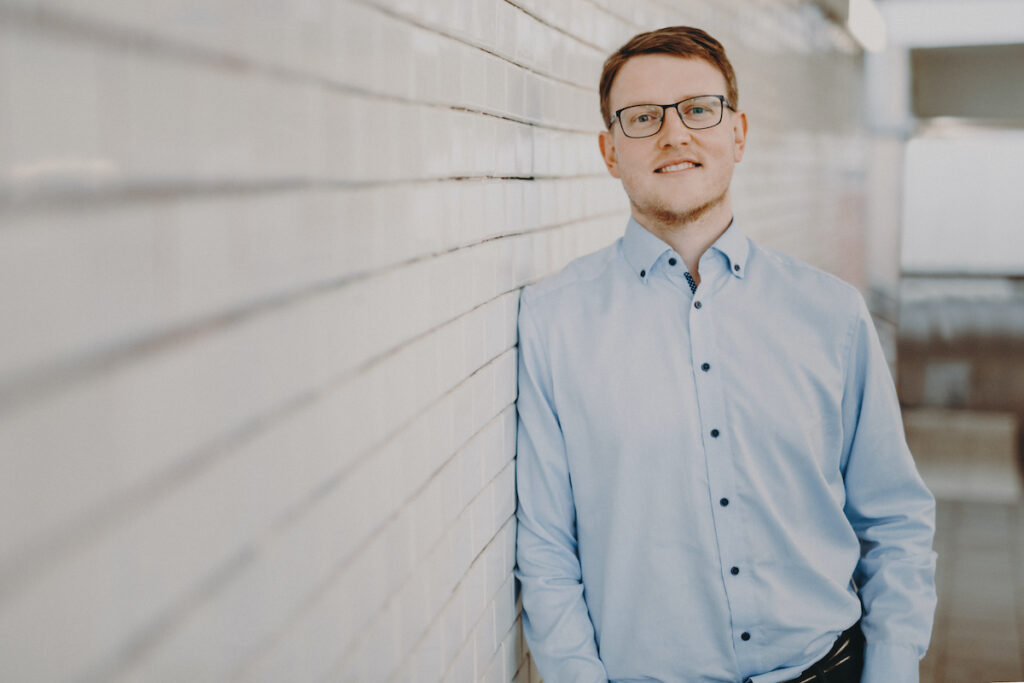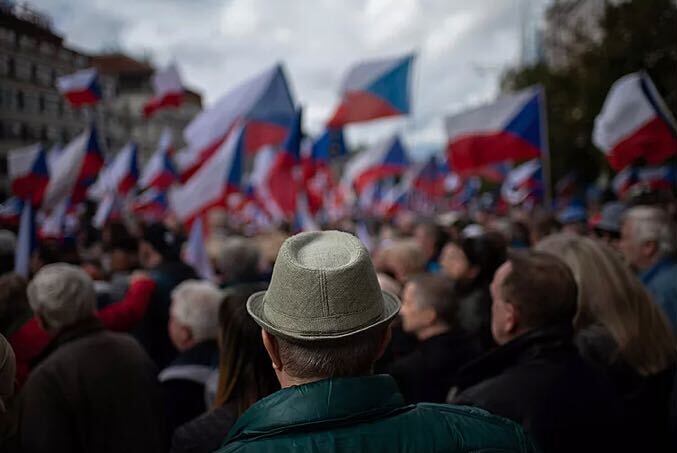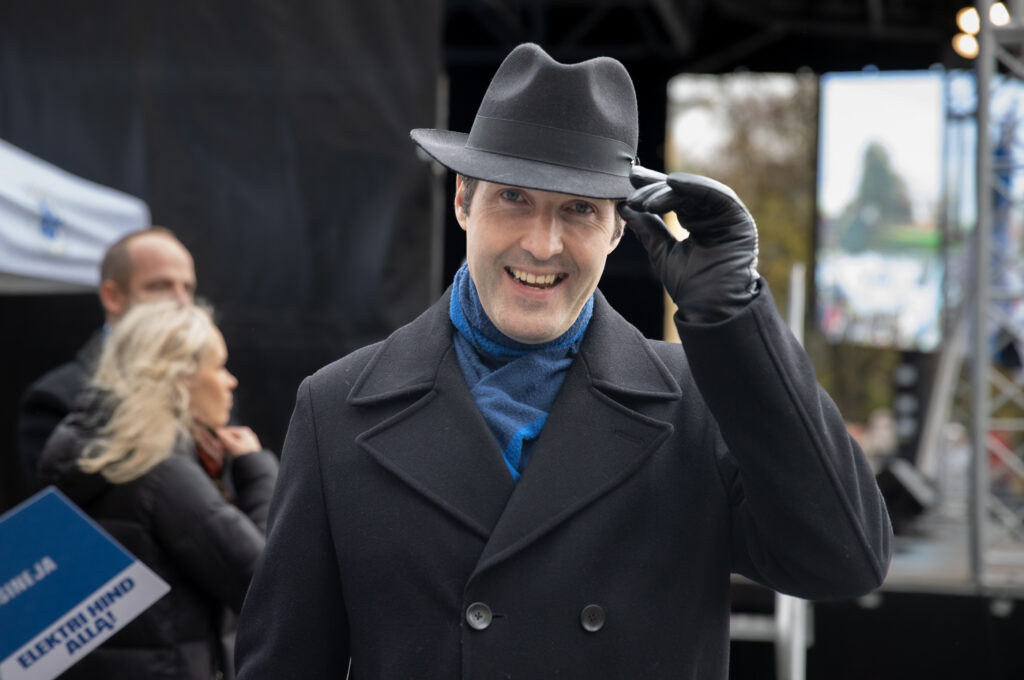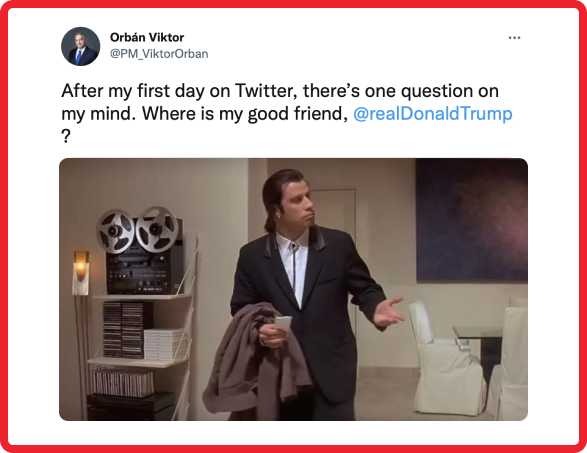Matthias Quent is a sociologist and expert on the far right. He teaches at the Eastern German University Magdeburg-Stendal, where he also co-founded the Institute for Democratic Culture.
Concerning the recent rightist demonstrations in the eastern part of Germany – are they rather a “grassroots” uprising or organised by some central players?
It’s a bit of both: on October 8, we had the big demonstration called “Energy security and protection against inflation – our country first”, organised by Germany’s far-right party AfD with more than 10.000 people in Berlin. It was the only big demonstration in recent times: we mostly see decentralised gatherings being part of networks which have emerged during the pandemic.
Can the huge financial aid from the government help to keep rightist protests down?
What we see just now are no social uprisings, we see nationalist uprisings. They are campaigning against migrants as well as against covid prevention measures and mixing it up with the energy topic.
Of course, good social politics is extremely important to prevent discontentment among those who do not yet identify as far right, a discontentment which may be instrumentalised by nationalist players. However, nationalism is present anyway, it doesn’t need an energy crisis to emerge.
There will also be real social protests during the upcoming weekend by left-wing groups trying to differentiate themselves clearly from alleged social protests of the right.
How strong is Russian influence over the German far right?
It’s difficult to say. On October 3, Björn Höcke, a right-wing exponent even within AfD, held a speech in Gera where he explicitly stood up for a pro-Russian agenda. Of course, one popular argument of the far right doesn’t work anymore now: the call for opening Nord Stream 2.
Although there is no renewed proof of concrete Russian influence in recent times, it doesn’t seem that the far right is dependent on it so much: it is strong in eastern Germany anyway.






